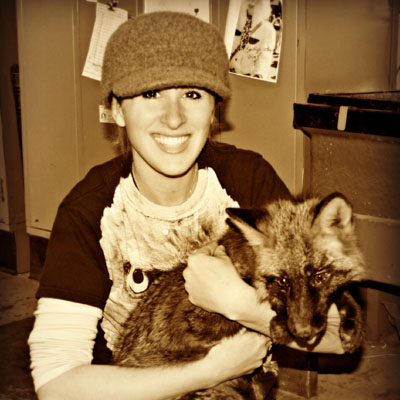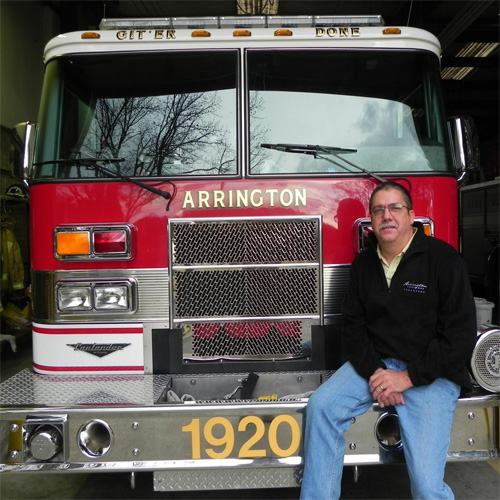I spent the five happiest years of my life in a morgue. As a forensic scientist in the Cleveland coroner’s office I analyzed gunshot residue on hands and clothing, hairs, fibers, paint, glass, DNA, blood and many other forms of trace evidence, as well as crime scenes. Now I'm a certified latent print examiner and CSI for a police department in Florida. I also write a series of forensic suspense novels, turning the day job into fiction. My books have been translated into six languages.
Yes and no. Labs and units have expanded a lot in the past 10-20 years especially due to federal grants, but they're not as big as you see on TV. A small police department may do only fingerprints and send everything else to the state lab. A big city facility might take up an entire block or two and do everything from drug testing to paint and glass. As for skills, take as much science classes as you can and try to find programs with hands-on field work. Best of luck!
Honestly, I have no idea. I don't believe we've had any cases in my town yet, or perhaps I don't know because the police department wasn't involved.
Also, only the coroner's or medical examiner's office can declare a cause of death, or the attending doctor if they're under a doctor's care at the time. It's not up to the police department or any other government agency.
There was a really bad case of elder abuse that I think I blocked out of my mind for the most part, because I can picture only a brief image of it while I remember everything else about the call. Other than that, no.
‘Detective’ is just a position, like sergeant or school resource officer, so what the detectives investigate depends on what department they’re in—white collar, ‘property’ (which would be burglary, theft, vandalism), ‘persons’ (assault, murder, sex assault), vice/narcotics, etc.
Zookeeper and Animal Trainer
 Why are some people so protective of endangered species?
Why are some people so protective of endangered species?
Firefighter
 What's the worst you've been burned in a fire?
What's the worst you've been burned in a fire?
Magician
 How do you feel about magicians on TV who reveal how tricks are done?
How do you feel about magicians on TV who reveal how tricks are done?
I am an expert in some areas of forensic science. I am not an expert in law, public safety policy or our political system.
No. The action is all over by the time I get there, which is just fine with me.
A detective is definitely a sworn officer. A CSI or forensic tech or whatever their title is, may be a sworn officer at some agencies but commonly is a civilian person who handles the forensic aspects of criminal investigation. Unlike television, we don't interview suspects or canvas neighbors. I might ask a witness or victim if they moved something or if the door was locked when they arrived, but that's all. Our focus of work is much more narrow. We may work to find a source of some clue like a brand of paint or a type of shoe that left a print, but mostly it's the detective that's going to do all the legwork to follow up witness statements and other clues. Hope that helps!
-OR-
 Login with Facebook
Login with Facebook (max 20 characters - letters, numbers, and underscores only. Note that your username is private, and you have the option to choose an alias when asking questions or hosting a Q&A.)
(A valid e-mail address is required. Your e-mail will not be shared with anyone.)
(min 5 characters)
By checking this box, you acknowledge that you have read and agree to Jobstr.com’s Terms and Privacy Policy.
-OR-
 Register with Facebook
Register with Facebook(Don't worry: you'll be able to choose an alias when asking questions or hosting a Q&A.)